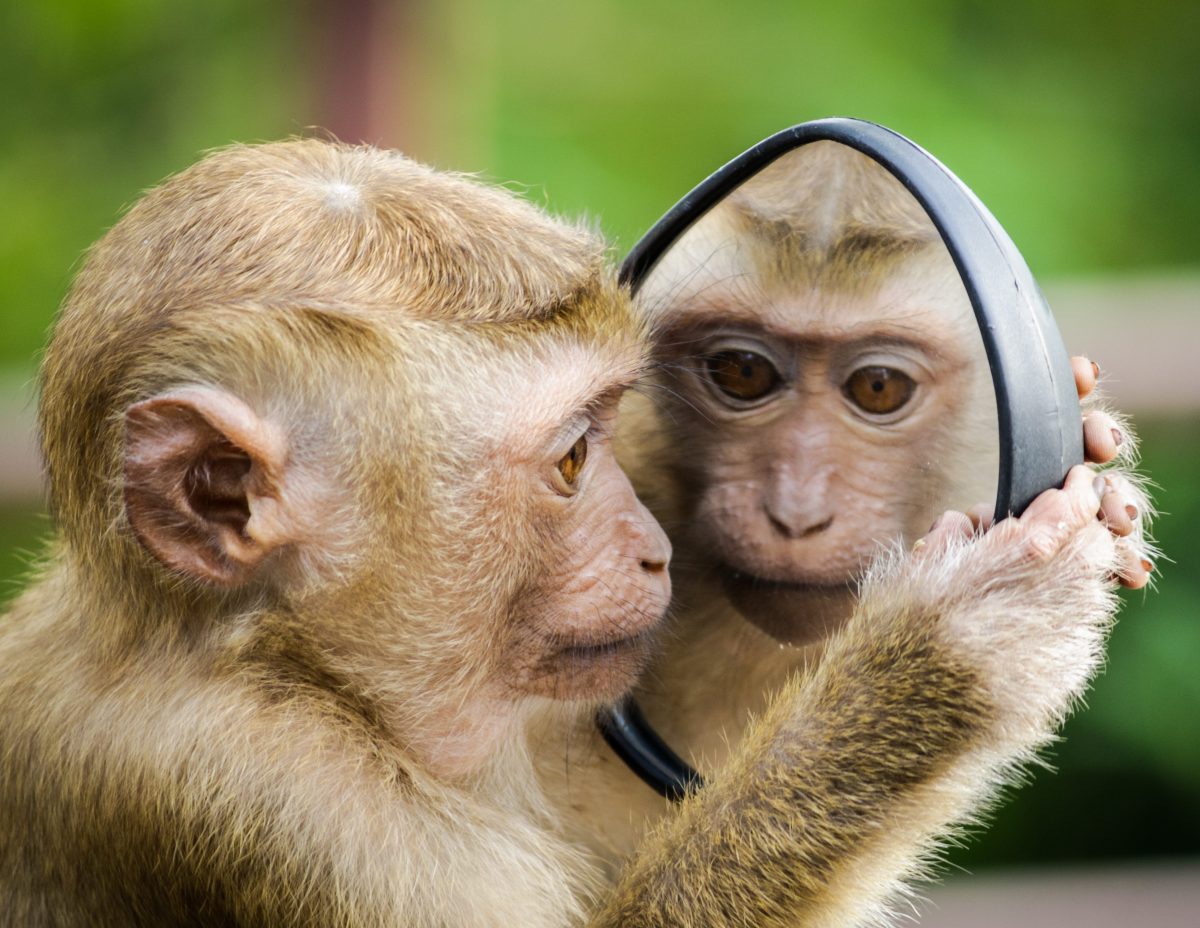In the first blog post of my Culture Shift Series, FROM Toxic – Defensive and Reactive – TO Constructive and Creative, I wrote about three warning signs your workplace culture might be toxic, I defined culture, and I explained how to begin a detox at an organizational level. Over the past 10 years, I have worked in organizational change, leadership and team development, and raising consciousness. Early on, my work focused more heavily on changing processes and systems with less emphasis on personal transformation. The thinking was if we can get these systems in place and get people to buy in and adopt them, then the change will be successful. What I noticed with this approach was a lack of sustainability in the results, so I evolved my focus to the interconnection and interdependence between personal and organizational transformation, which is the human dimension of business.
An organization’s future is created through the choices the individuals within that organization make. What is the mindset shift that is needed at the individual and team level to enable sustainable behavior change and support culture transformation? The organization cannot transform unless the people within the organization are willing to challenge long-held beliefs, biases and assumptions so they can source new aspirations, possibilities and choices. Choice follows awareness.
The challenge for most of us who work with other people is it is easier to focus on what someone else is doing, like your boss, co-worker or employee, and blame them instead of focusing on what you can do and how you might be contributing to the problem. Unfortunately, you cannot change other people. Who you can change is yourself and who you would like to be to shape the future.
For me, personal transformation begins with acceptance and making peace with the present. From this space, I find it easier to open up, invite curiosity versus judgment, and access my inner wisdom to source a fresh perspective and explore my options. Here are some of my practices when I need a reset or find myself stuck.
Personal Transformation — Detox 101
Make peace with the present: Accept where you are now and appreciate all the things you are experiencing, even if some of them are really frustrating. These experiences are shaping and growing you.
Access your personal power: Remember, you are at choice. The way I come back to choice when I am feeling stuck and blaming others is to remind myself: I am choosing this job or this relationship so I am also choosing all of the stuff that comes with it right now that I don’t want. This shift in attention creates different energy and helps me reclaim my power as a creator in my life.
Imagine what is possible: Allow yourself to dream and think bigger. What do you really want? What brings you joy, fulfillment and satisfaction?
Reflect on what isn’t working: This requires accurate self-assessment and a willingness to move from complaints to solutions. What small changes can you make now?
Align vision with values: Vision is knowing what you want for your life. Values are who you want to be while you are in the process of creating your vision. Whether you get what you want or don’t get it, pursuing your dreams in a way that is consistent with your values is what ultimately brings satisfaction, fulfillment and inner peace.
Address any unresolved matters: What grudges or grievances do you need to let go of to free up your energy? Do you need to make any apologies or forgive anyone?
Establish boundaries: You set boundaries by stopping certain behaviors of yourself first and then making clear requests of others. Get clear on what is OK and what is not OK. Take greater responsibility for your commitments, and look at your motives for saying yes and no.
Elevate your personal standards: No gossip, complaints or negative self-talk this week. Practice being impeccable with your words. Before speaking, ask yourself: Is it kind? Is it necessary? Is it true?
Practice gratitude and appreciation: Studies show that regular practice of gratitude and appreciation, including writing down the experiences you are grateful for or making a mental list, can lead to better health, less stress and a more optimistic outlook on life.
Ask others: Choose three to four colleagues and ask, “What one thing could I do that would make the biggest difference in our relationship?” Then just listen and say thank you for sharing their perspective. If you are in a leadership role or manage others, consider requesting a 360° assessment.
Build a support team: You don’t have to do it alone. Think about the support you need and what would help keep you motivated and accountable. Ask for help and celebrate successes along the way. Consider engaging with a coach or a mentor.
You are part of a whole, so choosing your thoughts, words and actions with increased awareness of the impact and having clear intention will contribute to creating a more constructive work environment. Richard Fields writes in Living Mindfully, “One thing we know from learning theory is that we get more of whatever we practice and repeat in life.” Practice well. Then repeat.
